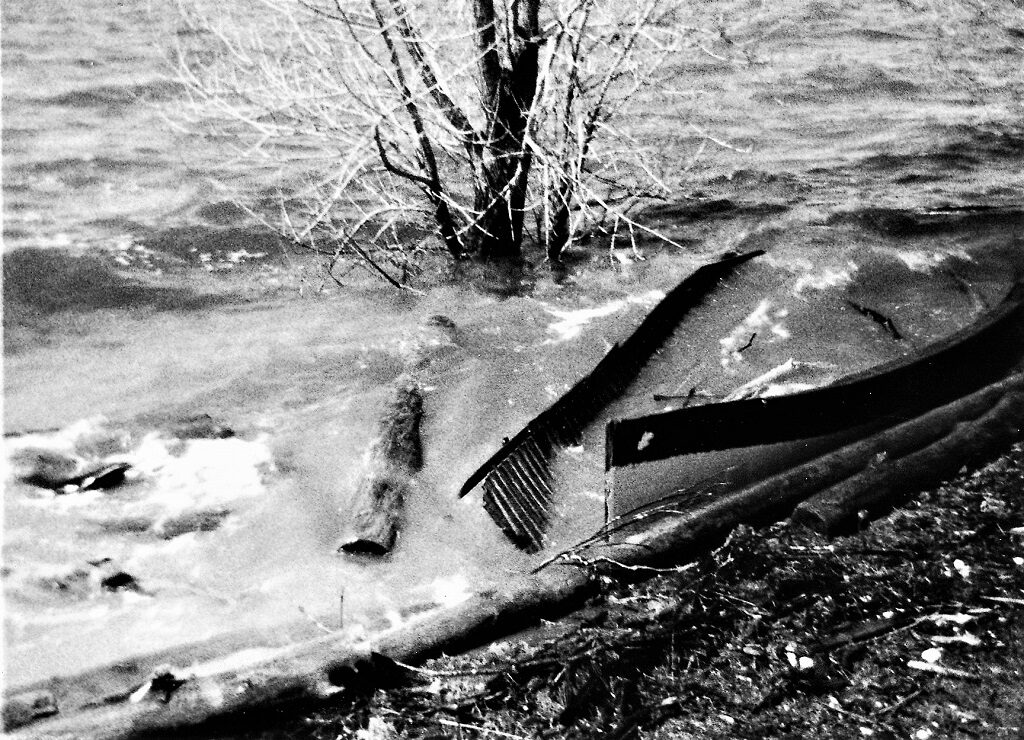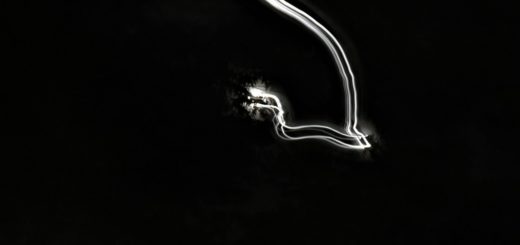On Defining Our Times
Any age, society, or political regime requires a justification for its existence, which is to say it needs a justifying person — a type or example of something great and enduring which was made possible, or rather more possible, by the prevailing conditions of that age, society, or regime. A human being who is recognizably of his time but also unqualifiedly for all time. A living standard or exemplar of humanity — thus implying a plausible understanding of human nature and a path to its highest fulfillment — the achievement of which is favored or facilitated by the social context of his life.
What do our late modern nihilistic age, our materialist-egalitarian social norms, or our progressive collectivist democracies, offer as the human evidence in their favor? Who is he? Where is he? What is he? The corporate panderers and profiteering paternalists who control our lives and tastes? The screaming cliches and pretentious dabblers who have claimed the mantle of art? The administrative state sycophants and scheming schmoozers who have appointed themselves as our “ruling class”?
Will this era of human history eventually be found to have defined itself as the Indefinable Age, by which I mean the age with no lasting human figures, archetypes, or accomplishments with which the future may associate us in its collective memory? No Moses, no Confucius, no Pericles, no Sophocles, no Alexander, no Virgil, no Jesus, no Caesar, no Brutus, no Augustine, no Dante, no Leonardo, no Cervantes, no Elizabeth, no Shakespeare, no Bach, no Mozart, no Washington, no Austen, no Beethoven, no Emerson. No evidence, that is, of the age’s having served human nature or furthered the longing for completion in any substantial way? Is our justification to be merely that we took care of our physical health, voted for a lot of comforting lies which we knew perfectly well to be lies, found effective ways to race toward the nothingness faster than any previous age, and invented a lot of ingenious toys with which to amuse and distract ourselves through our brilliantly extended and uninterrupted childhood unto death?



